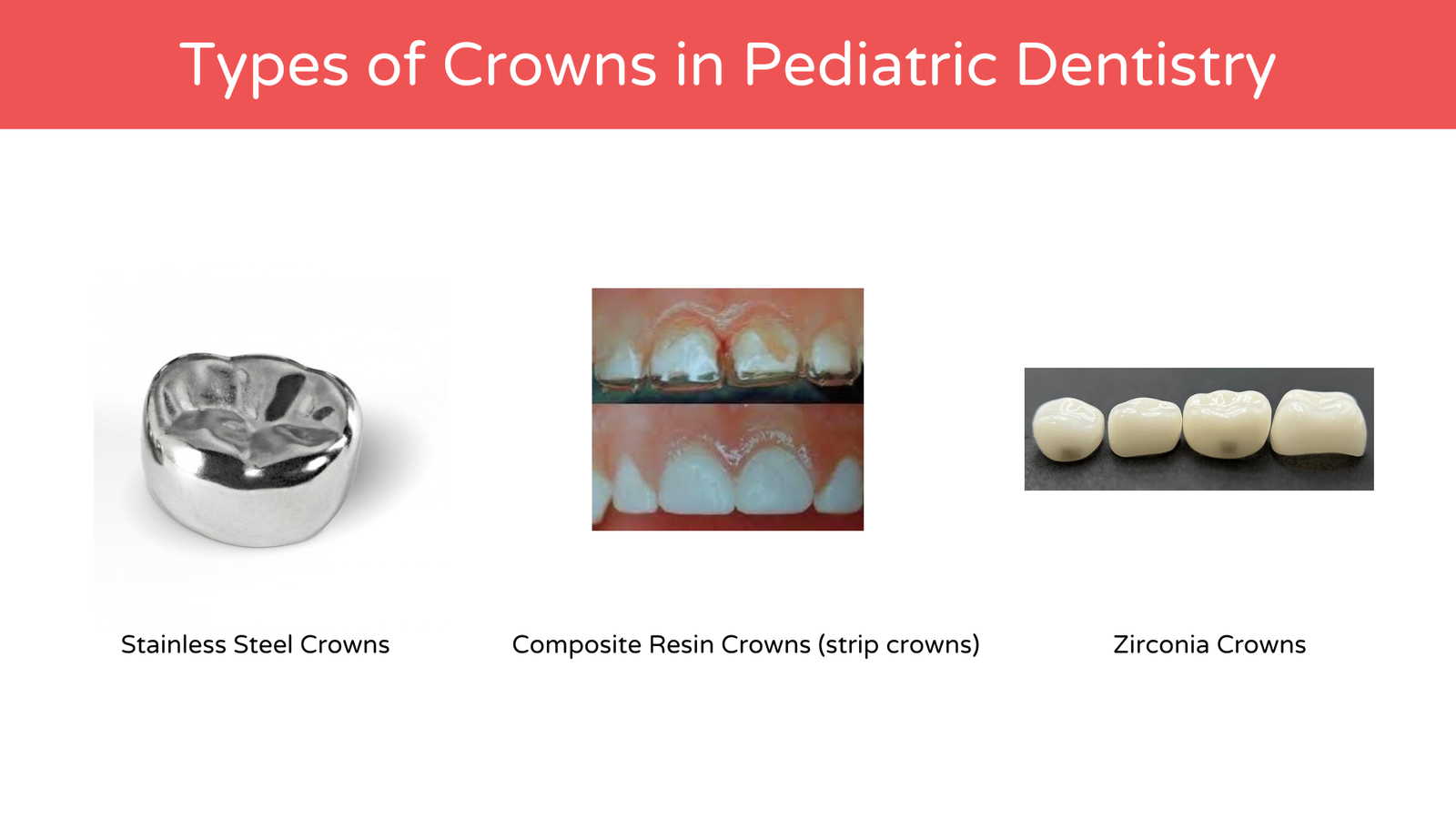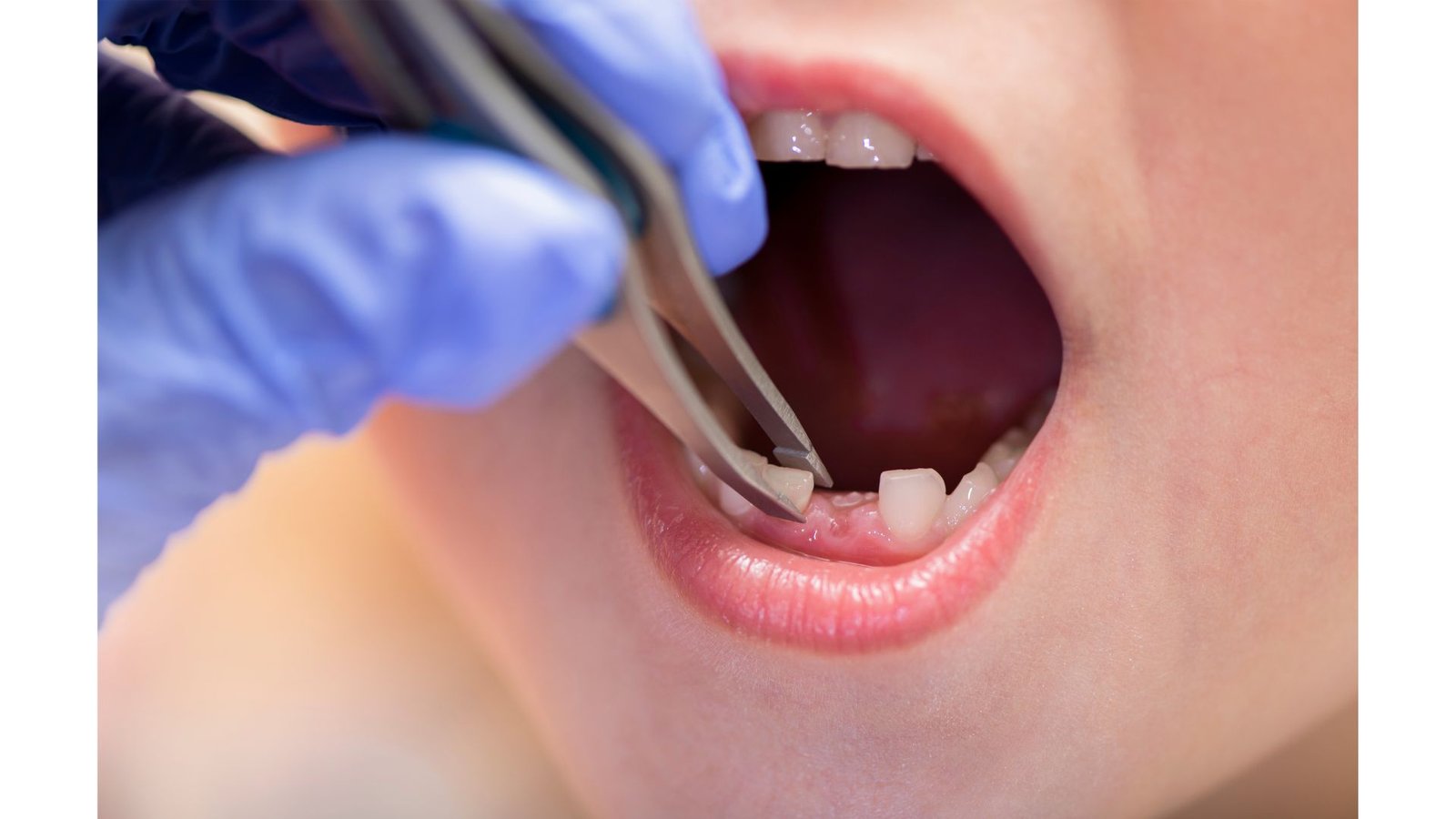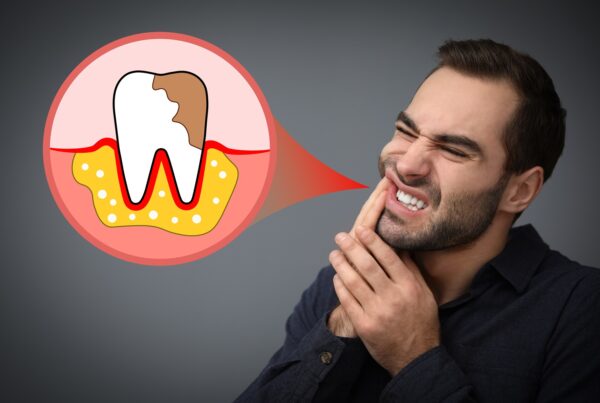The Need For Crowns in Kids
As parents, we strive to ensure our children’s overall health and well-being, and oral health plays a crucial role in that. When a cavity or damage threatens a baby tooth, you might come across the recommendation for “crowns in pediatric dentistry.” This blog post from American Dental Practices, with branches near Oberoi Mall, Malad, Mumbai, and Indiranagar, Bangalore, aims to answer all your questions about this treatment option.
Why do kids get crowns instead of fillings?
While fillings are a common solution for cavities in permanent teeth, they might not always be the best option for baby teeth. Here’s why:
- Baby teeth have less enamel: The enamel layer on baby teeth is thinner than on permanent teeth. Fillings might weaken the remaining tooth structure, making it more susceptible to breakage.
- Extensive damage: Sometimes, cavities or trauma can leave a significant portion of the tooth compromised. A crown provides more coverage and protection than a filling in such cases.
- Preserving space: Baby teeth act as placeholders for permanent teeth. A crown helps maintain the space needed for the permanent tooth to erupt properly.
What are the three types of crowns?

Crowns in pediatric dentistry come in three main types:
- Stainless steel crowns: These are the most common type. They are durable, affordable, and relatively quick to place. However, their silver color might be a cosmetic concern for some children.
- Composite resin crowns (strip crowns): These tooth-colored crowns are more aesthetically pleasing. They are prefabricated and can be bonded to the tooth with minimal removal of healthy tooth structure. However, they might not be as strong as stainless steel crowns.
- Zirconia crowns: These are the strongest and most esthetically pleasing option, resembling natural teeth. However, they are also the most expensive and require more extensive tooth preparation.
Are crowns necessary for baby teeth?
Not all cavities in baby teeth require crowns. Dentists will consider factors like the severity of the cavity, the remaining tooth structure, and the importance of preserving space for the permanent tooth. If a filling is sufficient to restore the tooth and maintain its function, that will likely be the preferred option.
How do pediatric crowns work?
Crowns in pediatric dentistry essentially act like caps that are placed over the damaged tooth. The dentist will first remove any decay or damaged tooth structure. Then, they will take an impression of the tooth to create a custom-made crown (for zirconia crowns) or select a prefabricated crown (for stainless steel or composite resin crowns) that fits perfectly. Finally, the crown will be cemented onto the remaining tooth structure.
Are crowns painful for kids?
The procedure for placing crowns in pediatric dentistry typically involves local anesthesia to numb the area around the tooth. This ensures minimal discomfort for your child. Additionally, pediatric dentists are experienced in working with children and can create a calming environment to make the experience less stressful.
How long do children’s crowns last?
With proper care, crowns in pediatric dentistry can last for several years, typically until the permanent tooth erupts. The lifespan depends on the type of crown used and your child’s oral hygiene practices.
Do pediatric crowns fall out?
Like any dental restoration, crowns in pediatric dentistry can come loose or fall out due to various factors, such as:
- Improper oral hygiene practices, like not brushing and flossing regularly
- Chewing on hard objects
- Trauma to the mouth
If your child’s crown loosens or falls out, contact your pediatric dentist immediately for an appointment to have it re-cemented or replaced.
What are the best crowns for kids?
The “best” type of crown for your child depends on their specific situation. Here’s a breakdown:
- For durability and affordability: Stainless steel crowns are a great choice.
- For aesthetics: Composite resin crowns offer a more natural look.
- For maximum strength and aesthetics (and budget allows): Zirconia crowns are the best option.
Your pediatric dentist will discuss the different types of crowns and recommend the most suitable option for your child’s needs and your preferences.
Are stainless steel crowns safe for kids?
Stainless steel crowns are a safe and effective option for children. The material is biocompatible and unlikely to cause allergic reactions.
Crowns for Pediatric Dentistry: Cost in Mumbai and Bangalore
The cost of crowns in pediatric dentistry can vary depending on the type of crown used, the complexity of the procedure, and the location of the dental practice. Here’s a general idea:
- Stainless steel crowns: These are typically the most affordable option.
- Composite resin crowns: These may cost slightly more than stainless steel crowns.
- Zirconia crowns: These are the most expensive type of crown.
American Dental Practices: Your Partner in Children’s Oral Health
At American Dental Practices, we understand the importance of your child’s oral health and overall well-being. Our experienced and friendly pediatric dentists in both our Mumbai (near Oberoi Mall, Malad) and Pediatric dentists at Bangalore (Indiranagar) branches are dedicated to providing your child with a positive dental experience.
We offer a comprehensive range of pediatric dental services, including consultations, cleanings, fillings, and crowns. Our dentists will carefully evaluate your child’s individual needs and recommend the most suitable treatment option, including different types of crowns in pediatric dentistry. We prioritize clear communication and will explain the procedure thoroughly to both you and your child.
Schedule Your Consultation Today!
We recommend scheduling regular dental checkups for your child to ensure their oral health is on track. If you have any concerns about your child's teeth or suspect they might need a crown, contact American Dental Practices today to schedule a consultation. Our friendly team will be happy to answer your questions and help you make informed decisions about your child's oral health.
FAQ’s
Can my child eat normally after getting a crown?
Yes, your child can eat normally after getting a crown. However, it’s best to avoid very hard or sticky foods that could damage the crown. Your dentist will provide specific recommendations based on the type of crown used.
How can I care for my child’s crown?
Proper oral hygiene is crucial for maintaining the crown and your child’s overall oral health. Ensure your child brushes twice a day with a soft-bristled toothbrush and flosses daily. Regular dental checkups and cleanings are also essential.
What happens if my child loses a baby tooth with a crown?
This is not a cause for major concern. Baby teeth naturally fall out to make way for permanent teeth. However, if the crown falls out before the natural tooth loss, contact your dentist to discuss options for replacement.
Are there any alternatives to crowns for baby teeth?
In some cases, depending on the severity of the cavity or damage, fillings might be a suitable option for baby teeth. Your dentist will discuss the best course of treatment based on your child’s individual needs.
Is anesthesia always used for placing crowns?
In most cases, local anesthesia is used to numb the area around the tooth and minimize discomfort for your child. However, the specific approach will depend on your child’s age, cooperation level, and the complexity of the procedure. Your dentist will discuss the anesthesia options with you beforehand.






